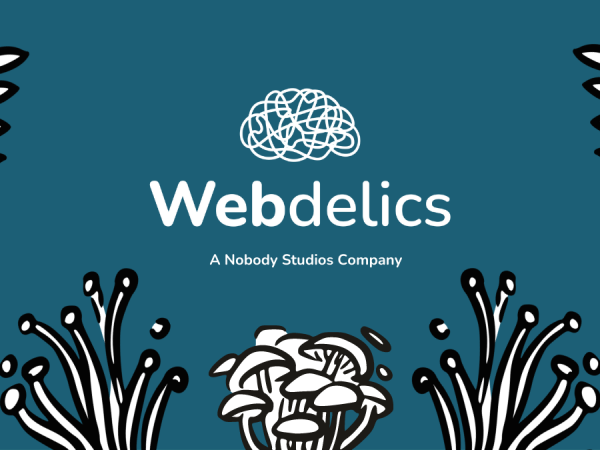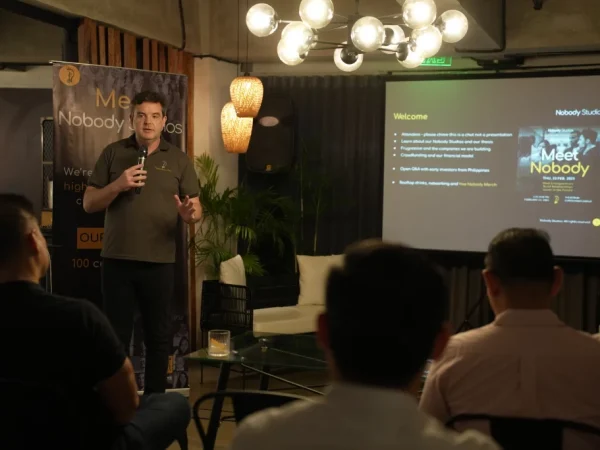
Written by Bryce G. Hoffman, Bestselling business author, President of Red Team Thinking, and Nobody at Nobody Studios
The company creation process in America, or at least here in Silicon Valley, is broken. It’s not that good ideas aren’t still being turned into great companies; it’s that the amount of talent, energy, and capital being squandered along the way has become enormous.
You can thank Wall Street for that.
The big banks saw how much money the venture capitalists were making spinning straw into gold and decided they wanted a piece of the action. They reckoned that, if a bunch of kids with computers could turn $10 million into $100 million in five years, then why not give them $100 million to start with and have them turn that into $1 billion.
It usually didn’t work out that way, but it worked out that way enough to convince the big banks to keep upping the ante. Ultimately, they poured so much money into tech startups that the whole sector became untethered from reality. As investment skyrocketed, so too did salaries, real estate prices, and just about everything else. And while all that money has fueled more than a few rockets, many more have exploded on the launchpad.
We’re seeing this in the markets today, but it’s not new.
I first saw the deleterious impact of big money as a business journalist covering Silicon Valley during the dot-com boom of the late 1990s, then as an employee for a promising startup, and more recently as an academic teaching young executives how to think differently about their companies at U.C. Berkeley’s Haas School of Business.
I teach decision-support red teaming: a methodology developed by the military and intelligence agencies to help organizations challenge their own thinking and look at their strategies and plans with a critical, contrarian eye in order to find and shore-up potential weaknesses while also identifying missed opportunities to do better.
And I see plenty of both when I look at the way companies are being created today.
The system is broken, it is beginning to do more harm than good. And what good it is doing is only benefitting a fortunate few who can clear the rather high hurdle required to become institutional investors.
That’s why I was so excited when I heard about Nobody Studios from my friend and fellow business author Barry O’Reilly.
Nobody Studios represents a contrarian response to the craziness that has come to dominate the venture capital world over the past decade. It is a venture studio that aims to restore some much-needed sanity to the process of company creation while at the same time opening that process up to everybody.
What is a venture studio?
A venture studio is a machine for creating companies: developing good ideas, assembling the talent, capital, and resources necessary to execute those ideas, and then supporting that execution until they become profitable enterprises. Or are purchased by bigger companies. Or fail. Because some of them will – and that’s okay because you cannot try something really radical if you are afraid to fail. And sometimes, it is those really radical things that become the next Apple. Or Google. Or Airbnb.
Barry co-founded Nobody Studios with Mark McNally, a seasoned entrepreneur and company creator who has helped launch more than a dozen startups, either as a senior executive or a CEO. I met the two of them for dinner in San Francisco last fall, listened with growing excitement as they outlined their vision for this revolutionary endeavor that aims at nothing less than changing the way businesses are launched and decided on the spot to become an angel investor and advisor.
The aim of Nobody Studios is to de-risk pre-seed stage businesses by accelerating this entire process – minimizing the time, speed, and capital required to ideate, launch, and scale. Because we are developing our own ideas with our own talent using our own capital, we can start, stop, pivot, or kill companies quickly and cheaply. The more companies we create, the more efficiently we can do this because we can leverage not just the learnings of each new launch, but also the deep pool of talent and resources we add to each new venture.
For example, we just completed our first acquisition: ThoughtForma, a groundbreaking serverless no-code/low-code platform designed to create scalable, secure systems in minutes with little or no technical expertise. This is a really exciting deal, because not only is ThoughtForma a great company with tremendous upside potential, but it also provides a valuable resource to every other company we create.
That’s the idea behind Nobody Studios, but it’s not the only one.
Our unique studio model will allow us to split companies up if we realize that they are trying to do too many things at once or, conversely, combine multiple companies when we identify unanticipated synergies. A good idea that starts as a solution to a particular problem in one of our companies can easily be spun off to form the nucleus of an entirely new business. Talent can be shared and deployed where and when it is needed most.
So can capital. We can support the businesses we want to create in a frugal way, ensuring they have enough resources to execute aggressively but not enough to get distracted or sloppy. This is a much more disciplined approach than the one being pursued by the big investment banks.
Yet, the thing I am most excited about is the way we’re democratizing the entire process of company – and wealth – creation.
Instead of closing the door to all but the richest investors, we’re opening it up to the masses through crowdfunding – allowing everyone to be a shark, a dragon, or whatever anthropomorphic animal metaphor is used in their country as an analog for a venture capitalist. But we’re not stopping there. Everyone who contributes to the development of one of our companies also gets equity in the studio itself, providing them with upside exposure to the entire portfolio.
Our approach harkens back to what I think of as the Golden Age of Silicon Valley, when scrappy entrepreneurs armed with a good idea and a few bucks bootstrapped their way to unimaginable success, while simultaneously looking forward to a brave new world in which everyone can be part of this amazing and exciting ecosystem – including you!


